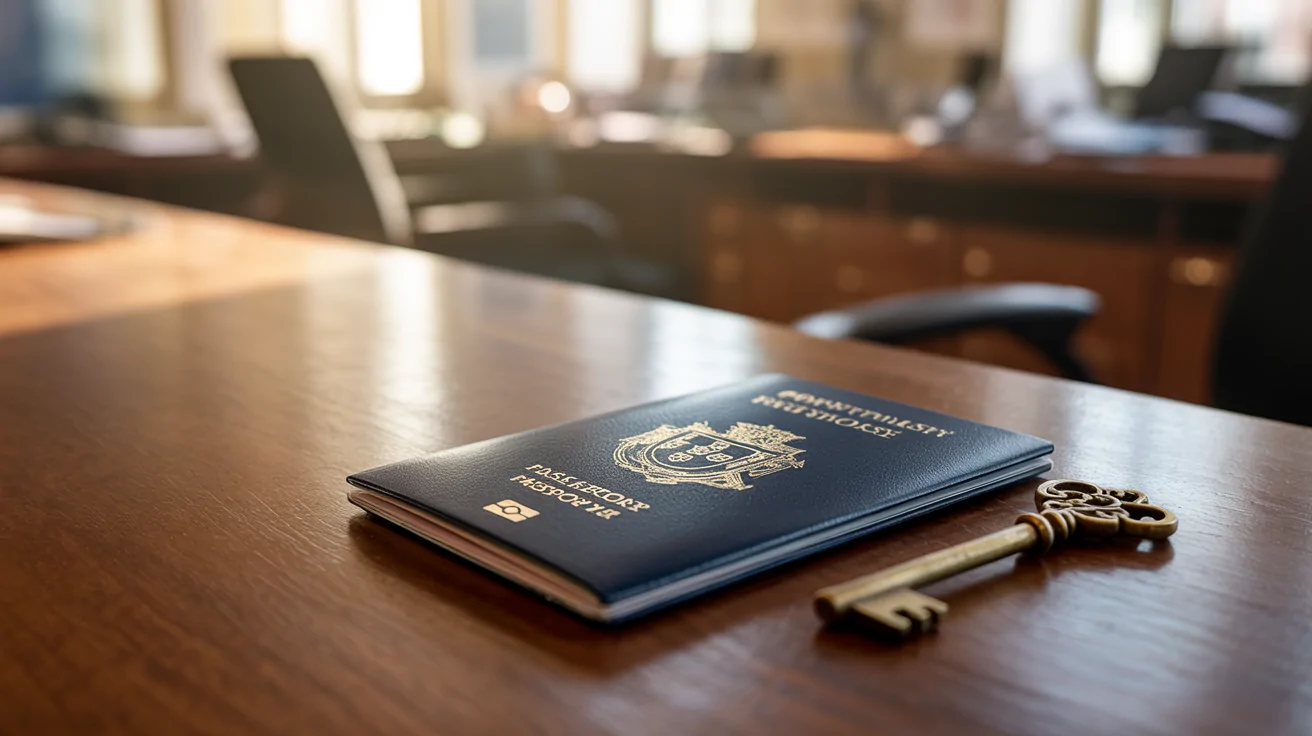Table of Contents
ToggleDecisions with Impact: Immigration, Nationality and Portugal's Role in Europe

Council of Ministers 23.06.2025
Nationality and Immigration Reforms
Nationality
Approval of a proposed law to revise the Nationality Law, requiring:
- Via naturalization: Legal residence of 7 years for CPLP citizens and 10 years for others;
- Periods of residence are counted from the date of issue of the first card;
- Proof of knowledge of the language, culture and political duties in Portugal and mandatory official tests;
- Possibility of revoking nationality within the first 10 years in the event of a serious crime;
- Original route: descendants of foreign parents living in Portugal are only entitled to nationality if their parents have resided in the country for at least 3 years;
- Via Descendants of Sephardic Jews: no longer available.
New rules applied to nationality applications submitted from 19 June 2025 (not yet in force – Proposal).
Immigration
- Work Seeker Visa: only possible for highly qualified professionals;
- Family reunification: a minimum of 2 years of residence is required for the main applicant to be able to reunify the family. Direct reunification in Portugal is now only for minor children; spouses and adult children will have to apply for an independent residence visa through a consular office of reference;
- CPLP Community Visa: limitation of CPLP residence permits exclusively to citizens of CPLP countries who already have a prior consular residence visa; in addition, the new proposal foresees the need for a favorable opinion from the units and borders of the Internal Security System;
- Extension of previous authorizations: residence authorizations whose validity ends between February 22, 2020 and June 30, 2025 remain valid until October 15, 2025;
- Other Diplomas: the creation of UNEF (National Unit for Foreigners and Borders) within the PSP infrastructures was approved, with a view to strengthening migration and border control.
Conclusion:
The measures presented still require parliamentary discussion and approval. They may be implemented as proposed or undergo significant changes. Upon parliamentary approval, the legislation must be promulgated by the President of the Republic and published in the Official Gazette. The law will come into force on the first business day after publication.
Upcoming dates to take into account (prognosis judgment)
- July – September: Discussion, voting and eventual enactment
- September – October: The measures come into force immediately after publication.
We believe that some of these measures, if implemented under the proposed terms, may be unconstitutional. We will be available to provide additional clarifications, as well as to act preventively and defensively to protect the interests of many Investors and clients.
Ricardo Louro
Managing Partner






